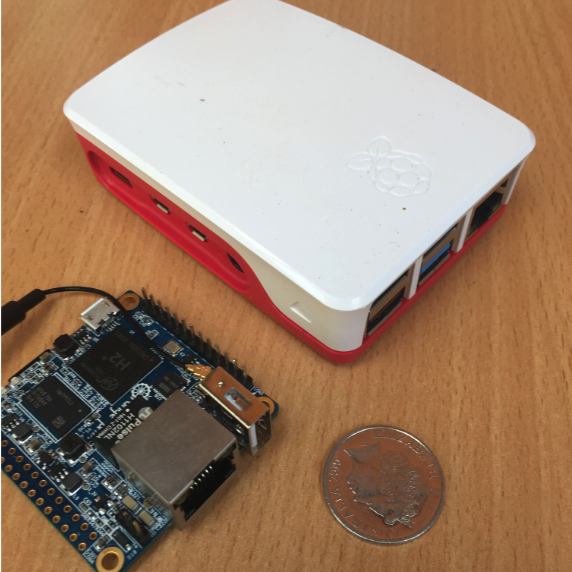
The Internet Archive’s central mission is establishing “Universal Access to All Knowledge,” and we want to make sure that our library of millions of books, journals, audio files, and video recordings is available to anyone. Since lack of an internet connection is a major obstacle to that goal, we created the Offline Archive project—that works to make online collections available regardless of internet availability.
For many of our readers, the internet seems omnipresent—like electricity and running water, it’s available everywhere from our homes and offices to trains and planes. But for more than half of the world’s population, that access is far from guaranteed. In many developing countries and rural areas, the infrastructure that enables internet access is unreliable, slow, or nonexistent, while natural disasters and conflicts may exacerbate the problem. Additionally, internet access can be too expensive for many people, and some governments limit internet access or censor the content for political reasons. All of these factors can combine to make internet access inconsistent, low-quality, or altogether unavailable for billions of people, which in turn leads to poor educational outcomes and intergenerational poverty. Compounding the challenge, the internet in wealthier countries is growing rapidly, and high-bandwidth videos and graphics are making it harder than ever for people on low-quality networks to participate in the modern web.
As part of a solution to this problem, we have built an offline server that transfers Internet Archive collections to a local server, caches content while browsing, and delivers the Internet Archive UI offline in the browser. The system moves content between servers by “sneakernet”—on disks, USB sticks, and SD cards. This approach should improve access for anything from a Raspberry Pi to an institutional server holding terabytes of data. Right now, we’re working to make it available in a variety of different languages, so that anybody can utilize it—not just English speakers.

Best of all, the Offline Archive project is open source, so that people around the world can collaborate to make it better. We are currently integrating the Archive’s APIs with those of our partners, to make it easier for them to incorporate Internet Archive content. Together with our collaborators, we can bring the Internet Archive anywhere—ensuring that people everywhere can enjoy our digital library.
If you would like to lend a hand, there are lots of ways to collaborate:
- Software developers can help us add features, platforms, and internationalization
- Platform developers can talk to us about integrating the Internet Archive’s content or server
- Content owners and aggregators can help make more content available, especially educational content and material in other languages.
- Community networks and internet access practitioners can help by becoming early adopters
See archive.org/about/offline-archive for more information, or contact mitra@archive.org to collaborate or contribute to this project.
If you would like to see the Offline Archive in action and meet its builder, Mitra Ardron, then come to the Internet Archive World Night Market on October 23rd and look for the Offline Archive demo table!
Please close the Pingback WordPress section for content to avoid posting it